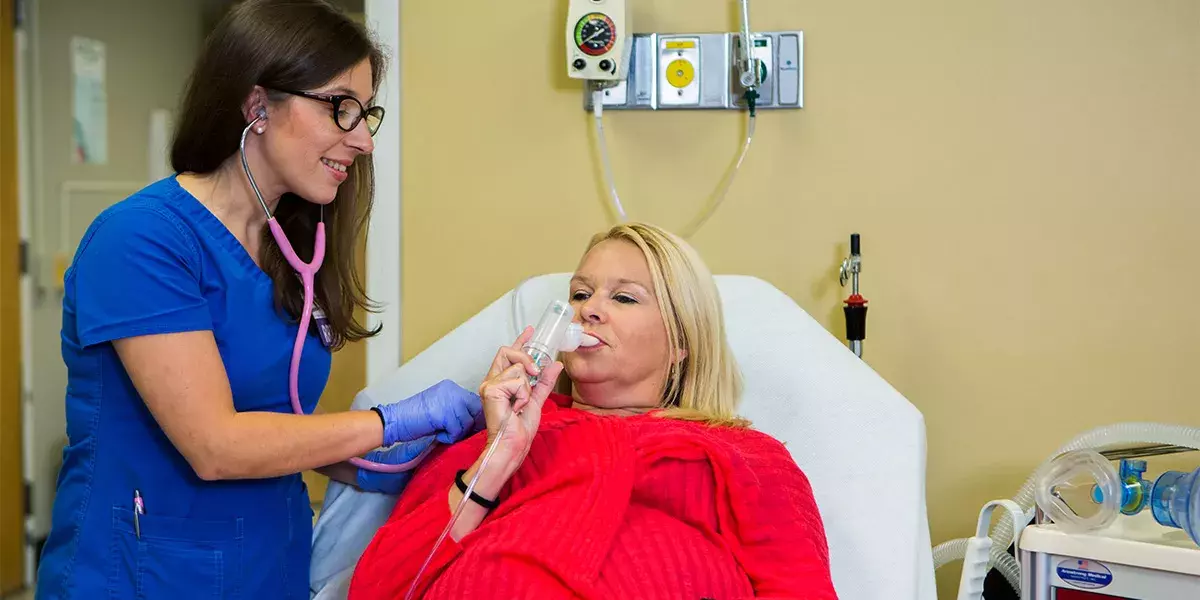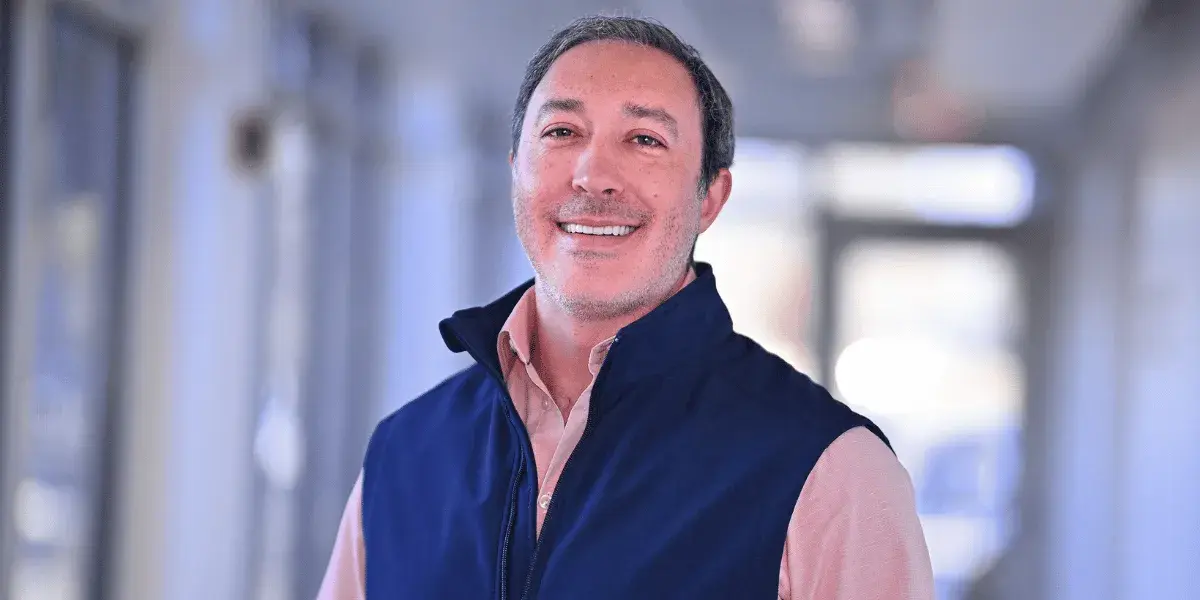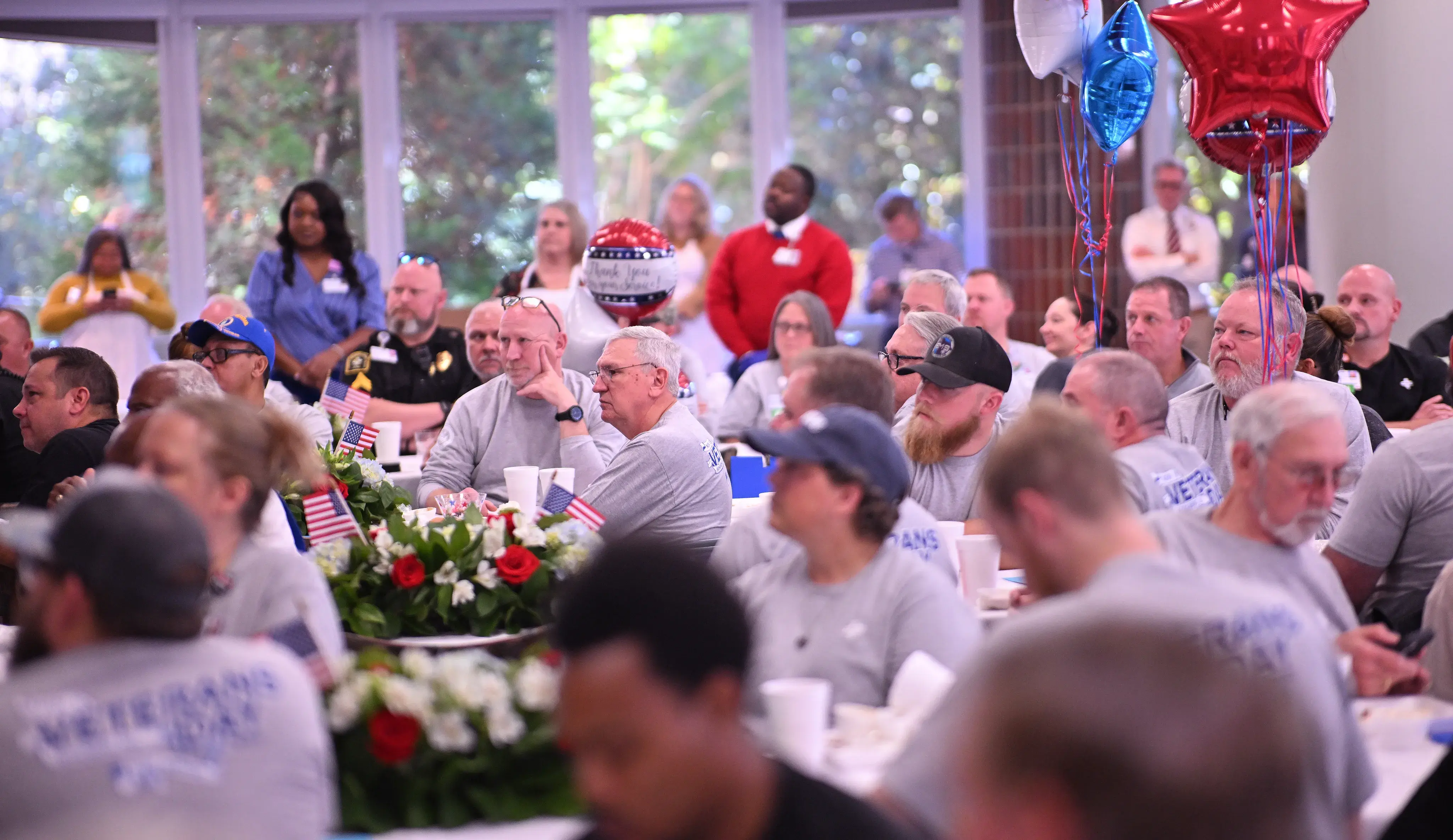
SRHS earns prestigious respiratory care accreditation
Featured article by Jan Scalisi
Spartanburg Medical Center (SMC) and Pelham Medical Center (PMC) have received Quality Respiratory Care Recognition (QRCR) from the American Association for Respiratory Care.
Only 700 out of 5,000 hospitals across the U.S. have been named QRCR hospitals. The accreditation recognizes excellence in respiratory care on a number of measures and must be applied for annually. Started in 2003, the accreditation was designed to help consumers find hospitals with certified respiratory care professionals.
“It is definitely an accomplishment and an honor to receive this accreditation,” said Teresa O'Neal, Director of Respiratory and Sleep Services for Spartanburg Regional Healthcare System (SRHS). “The qualification says that all of our respiratory specialists are certified and registered by the National Board for Respiratory Care and licensed by the state.”
O'Neal supervises 19 respiratory therapists in the neonatal/pediatric area, and 68 respiratory therapists working in adult care and diagnostic testing areas for SRHS. Sixteen of those SRHS respiratory therapists are supervised on site by Sonia McFalls, Pelham Medical Center Respiratory Manager, at PMC in Greer.
“We work with nurses and physicians in a close partnership,” McFalls said. “We are an interdisciplinary team.”
In fact, the work of respiratory therapists is wide-ranging and varied, serving patients of all ages throughout the hospital in diagnostics, emergency care, neonatal care, pediatrics and inpatient care.
Respiratory therapists are on duty for inpatient care for patients with asthma, chronic obstructive pulmonary disease (COPD), and lung and heart disease. They also help in the diagnosis of asthma and pulmonary disease, performing electrocardiograms (EKGs) to trace heart function and methacholine challenges for asthma, according to McFalls.
Another diagnostic procedure performed by respiratory therapists is monitoring the tests undertaken during sleep studies to check for sleep and breathing disturbances at the sleep labs located at SMC and North Grove Medical Park.
Respiratory care is a vital part of newborn care in the neonatal unit, and respiratory therapists attend high-risk deliveries of neonates and provide after-care. They participate in a transport program, along with a specially trained nurse, that picks up and delivers sick infants referred from other hospitals for treatment at SMC's Level III Neonatal Intensive Care Unit.
“Pediatric care includes respiratory care for children with asthma, and other types of respiratory illnesses, traumas, cystic fibrosis, any child that requires some type of breathing treatment or oxygen, and patients that require mechanical ventilation,” O'Neal said.
Follow-up clinics for neonates with asthma are held once a month, and an annual one-day asthma camp is hosted for asthmatic children ages 6-12. Outreach by the respiratory therapists includes education on respiratory therapy as a career and attendance at health screenings.
Respiratory therapists are always on hand in the emergency room to participate in trauma care. They work in the Wound Care Center as well, where hyperbaric chambers use oxygen to treat wounds. In the event of a major mass casualty, SRHS respiratory therapists are trained through drills to practice triage at the scene and work with a command center at the hospital. On a local and national level, SRHS respiratory therapists are involved with emergency management.
Patients looking for accredited respiratory care can be assured that SRHS respiratory therapists have attained the highest accreditation possible, and apply their skills in many vital treatment areas throughout the SMC and PMC medical facilities.












